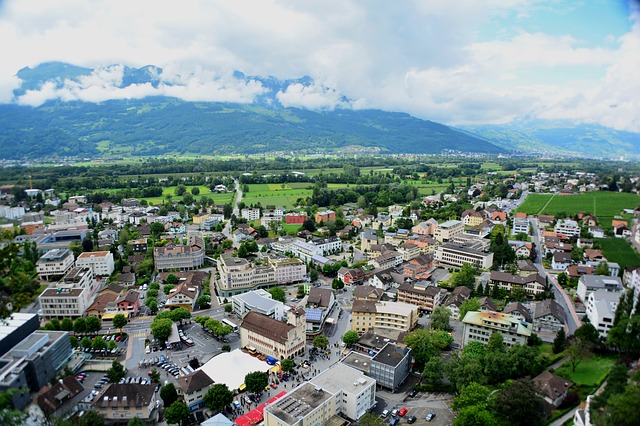Women’s shelter in Liechtenstein
Frauenhaus Liechtenstein
PO Box 1142
FL-9490 Vaduz
Telephone: 00423 380 02 03
Availability by phone: 24/7
Email: info@frauenhaus.li

FREQUENTLY ASKED QUESTIONS
Women's shelters offer protection, accommodation, counselling and accompaniment to women of full age and their children in cases of physical, psychological and/or sexualised violence.
Women's shelters also support underage girls and young women who are affected by domestic violence to find suitable accommodation without their parents.
Children who enter a women's shelter with their mothers are also taken seriously. They are advised and supported like their mothers.
The staff of the women's shelters are bound by professional secrecy. They provide confidential counselling and, if necessary, use interpreters for communication.
Yes. The Swiss Civil Code stipulates that in the event of domestic violence you have the right and obligation to move your children to a safe place and to separate them temporarily from the other parent.
Yes, you can go to a women’s shelter even if you do not have any money or financial resources. Cantonal victim support services generally cover the costs of your first stay at a women’s shelter. No criminal charges have to be filed. The women’s shelter staff will also provide you with the support you need if your stay at the women’s shelter is longer.
Generally speaking, a women’s shelter is similar to a large residential community. In addition to communal rooms, each woman has a room for herself (and her children). Each woman is responsible for herself (and her children) at the women’s shelter.
Since ensuring residents’ safety is the most important priority at the women’s shelter, the location of most women’s shelters is secret. Depending on a women’s individual circumstances and the risk of danger, it may be necessary for her to limit her social contacts. The threat to her is also assessed to determine whether her work and the school attendance of her children should be suspended temporarily.
Women’s shelters focus not only on safety, but also on providing women and children with all-round support. Regular counselling sessions are held at the women’s shelter. The counsellors offer support on a wide range of issues guided by individual needs and resources.
If you have any questions or are uncertain about any aspect of a stay at a women’s shelter, please feel free to contact the women’s shelter in your region (anonymously). You can do so at no risk and without obligation. Click here for a list of all women’s shelters and their contact details.
If possible, take along the most necessary clothing and medications for yourself and your children. Other important items include personal documents, such as passports/residence permits, bank and health insurance cards, your children’s vaccination records and favourite toys, and marriage and birth certificates.
The staff of the women's shelter will support you in planning the steps to be taken after your stay at the shelter. This happens regardless of which future solution you choose for yourself (separation, return to the shared flat, etc.).



